DNVN - Real estate legal expert Pham Thanh Tuan said that the proposal in the draft Law on Personal Income Tax (amended) of the Ministry of Finance mainly aims to prevent real estate speculation. The proposal to replace the current regulation is to apply a general tax rate of 2% on the transfer price.
According to real estate legal expert Pham Thanh Tuan, like every other proposal related to real estate, the plan to tax personal income from real estate transfers based on holding time immediately sparked controversy.
Opponents worry that once the tax is imposed, it will somehow seep into rental and selling prices, making it difficult for those who do not have or do not have a home. Supporters hope that this solution will limit speculation, return “supply” to those in need, and thereby lower housing prices.
How to tax real estate today is something that needs careful consideration, related to specific issues of the Vietnamese real estate market.
Countries typically impose property taxes in the form of progressive taxes proportional to the amount of property held; taxes imposed for not putting the property into use; and higher taxes imposed on short-term property holders.

Real estate taxation is still difficult.
For progressive taxation, the approach adopted by countries that apply this form is that those who own more property pay a higher tax rate than those who own less. The UK increases the tax by 3% if they buy a second home. Singapore imposes a 20% tax on the second home, a 30% tax on the third home, etc.
Regarding taxes applied to the act of not putting real estate into use, Canada imposes a 1% tax on vacant houses, the UK imposes an additional tax on houses that have been vacant for at least one year...
Applying higher tax rates to short-term property holders is quite common. Typically, Singapore applies a 100% tax on the difference in value of land purchase and sale in the first year, and 50% after two years. Taiwan applies a 45% tax rate to those who resell property in the first two years, 35% in 2-5 years, and 20% in 5-10 years. South Korea also applies a 70% tax rate to those who sell their home in the first year.
In Vietnam, the Central Resolution requires research on “prescribing higher tax rates for people using large areas of land, many houses, speculating on land, slow use of land, and abandoning land”. Thus, in the future, higher tax rates will be applied to three groups: “using large areas of land, many houses” (based on quantity), “speculating on land” (based on ownership period) and “slow use of land, abandoning land” (determining that the land is not put into use) - similar to the current regulations of many countries.
The proposal in the draft revised Personal Income Tax Law of the Ministry of Finance mainly aims to prevent speculative behavior, replacing the current regulation, which applies a general tax rate of 2% on the transfer price, regardless of the holding period. The Ministry of Finance is expecting that, if included in the law-making program, the National Assembly will comment by the end of 2025 and consider passing the draft at the mid-2026 session.
“Although not yet detailed, I think this solution is more reasonable than applying progressive tax to people who own many real estates. High tax rates when holding for a short period of time can, in theory, help limit speculation and reduce tricks of selling real estate at a higher price,” Mr. Tuan shared.
According to Mr. Tuan, speculators usually use financial leverage in the short term. Having to maintain real estate for a long time will lead to financial pressure for them. High tax rates increase costs and reduce the attractiveness of real estate speculation. Liquidity in cases of buying and selling will therefore decrease.
But if this tax tool is to be effective, it needs to be accompanied by at least the following conditions: completing the national database on land prices; ensuring information technology infrastructure.
Completing the national database on land prices is also a requirement set out in the 2024 Land Law. If the “two-price” situation in real estate transactions and cash payments is not resolved, taxation will still not be easy and it will be difficult to ensure fairness.
At the same time, ensuring a complete information technology infrastructure for land and real estate transaction registration is the basis to help tax authorities obtain information on real estate holding time to apply accurately.
“When these basic conditions are met, the tax tool to limit real estate speculation will be truly “correct” and “on target”, meeting the goal of regulating the market and targeting speculators,” Mr. Tuan emphasized.
Ha Anh
Source: https://doanhnghiepvn.vn/kinh-te/bat-dong-san/day-lui-dau-co-bat-dong-san/20241202070342120







![[Photo] Visiting Cu Chi Tunnels - a heroic underground feat](https://vstatic.vietnam.vn/vietnam/resource/IMAGE/2025/4/8/06cb489403514b878768dd7262daba0b)




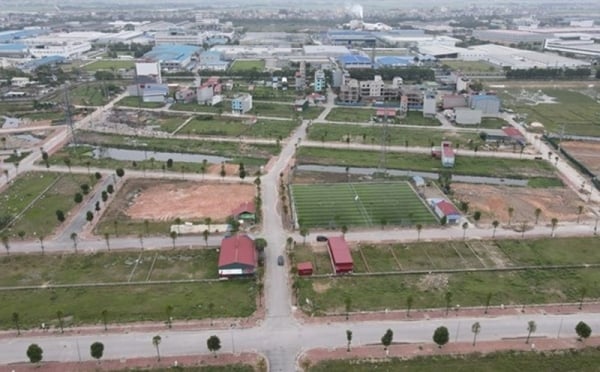
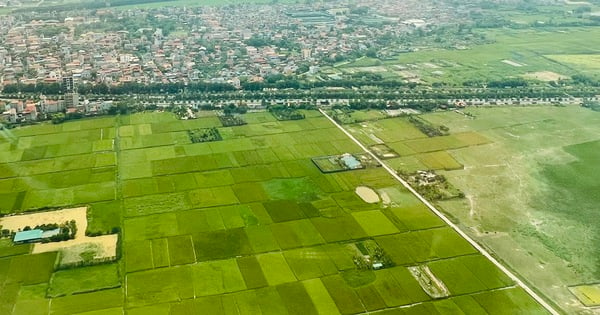

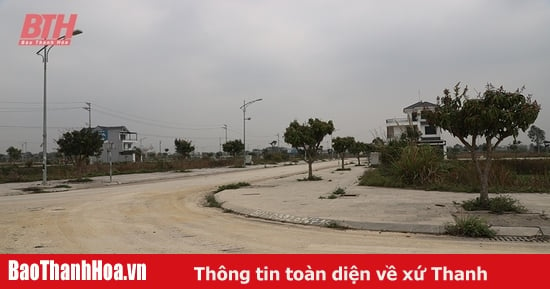

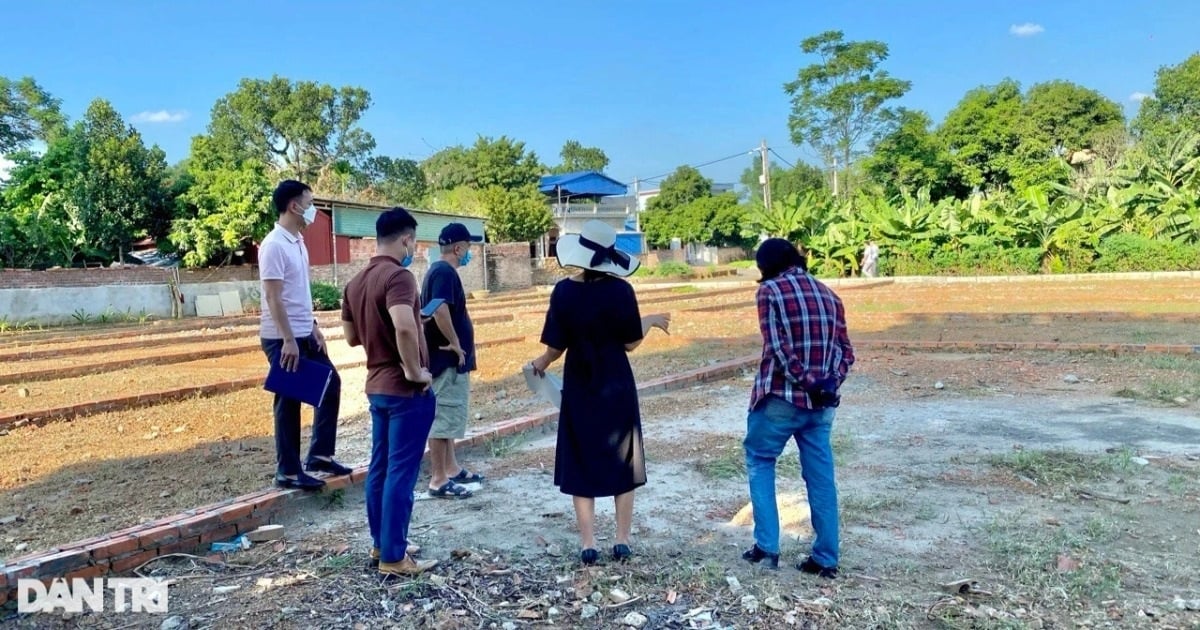



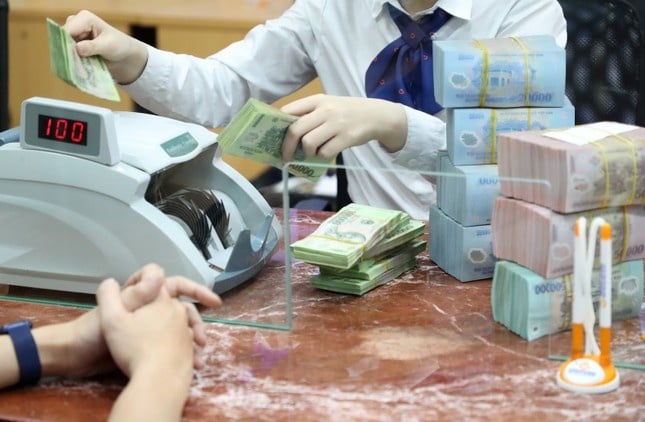
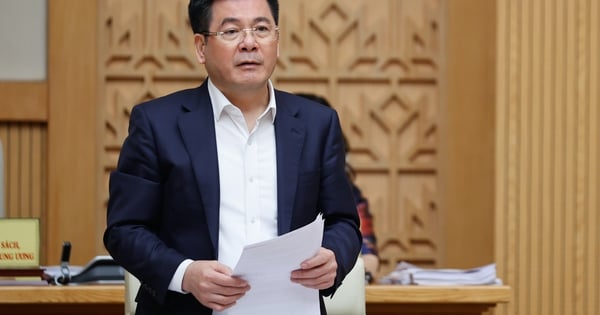
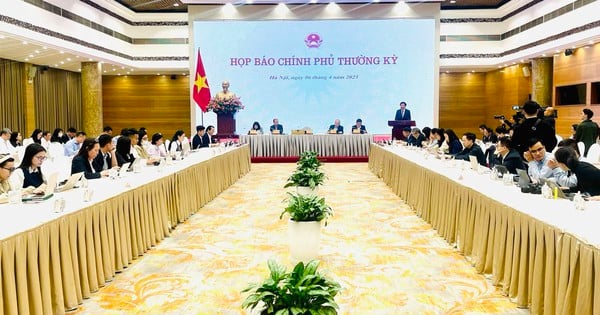


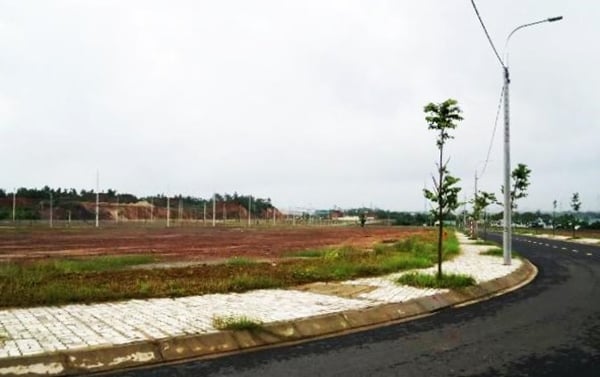


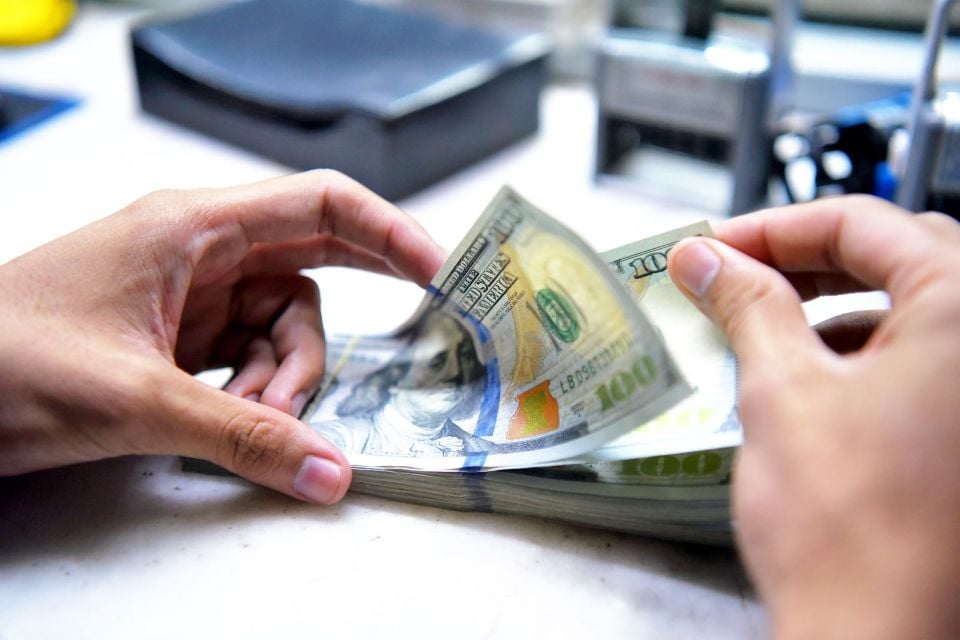













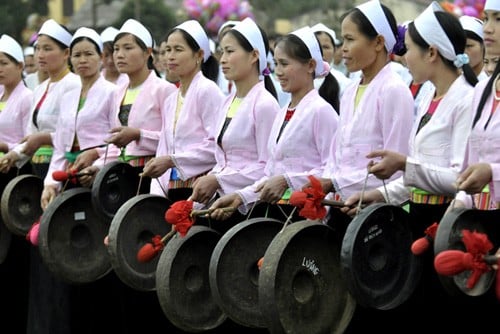


















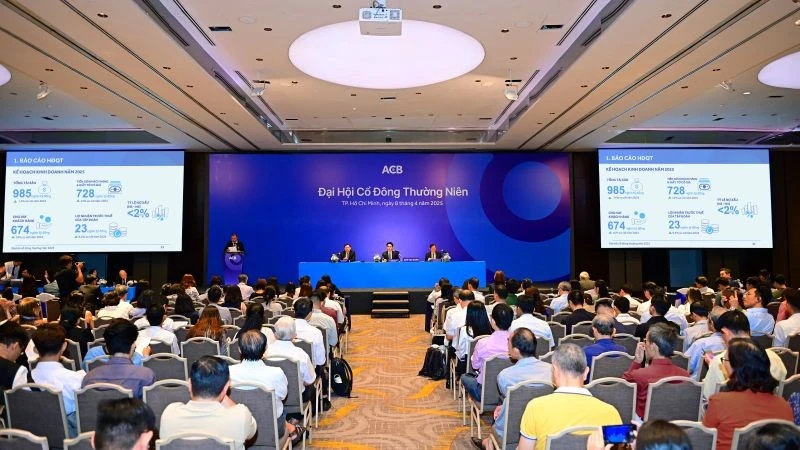




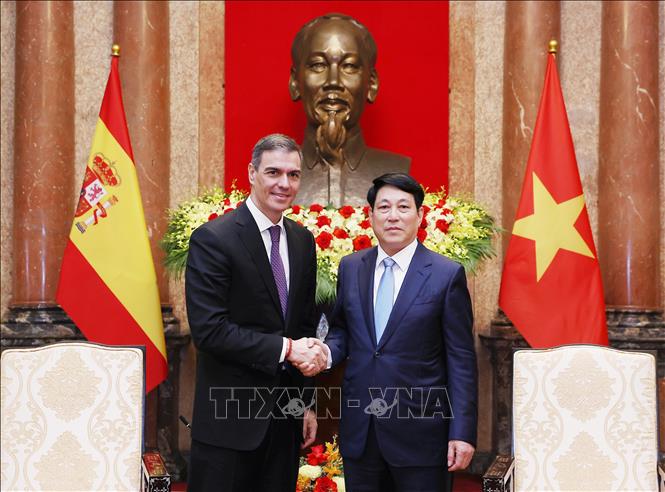
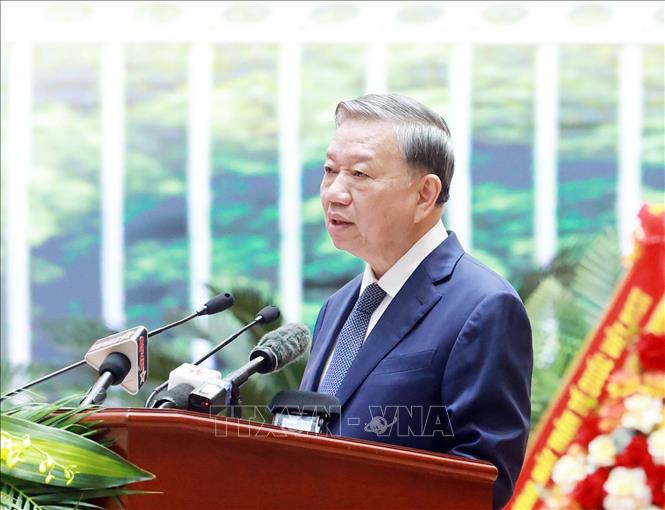











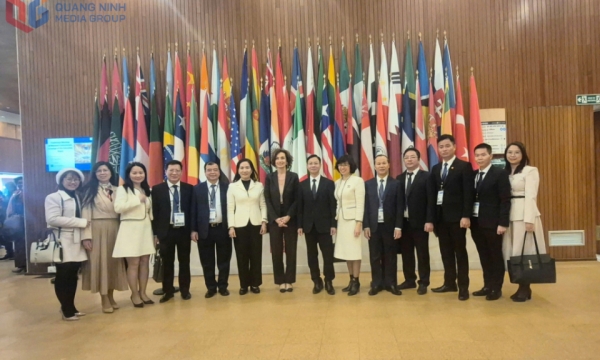
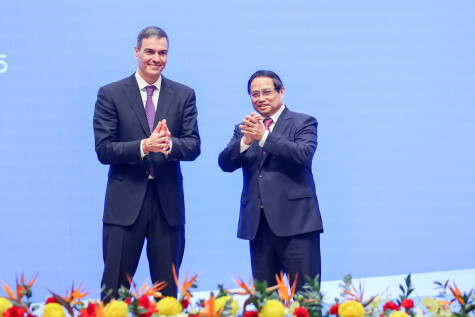
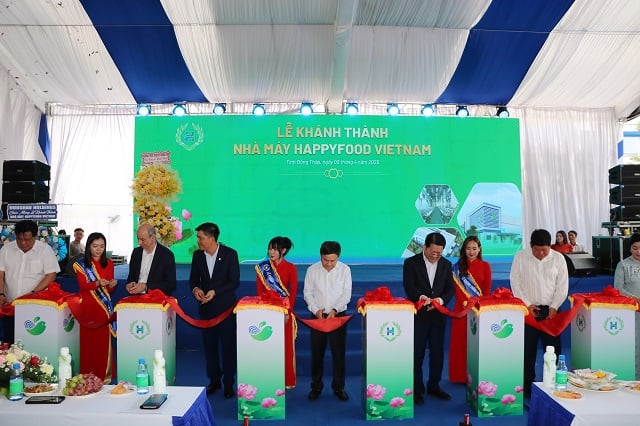
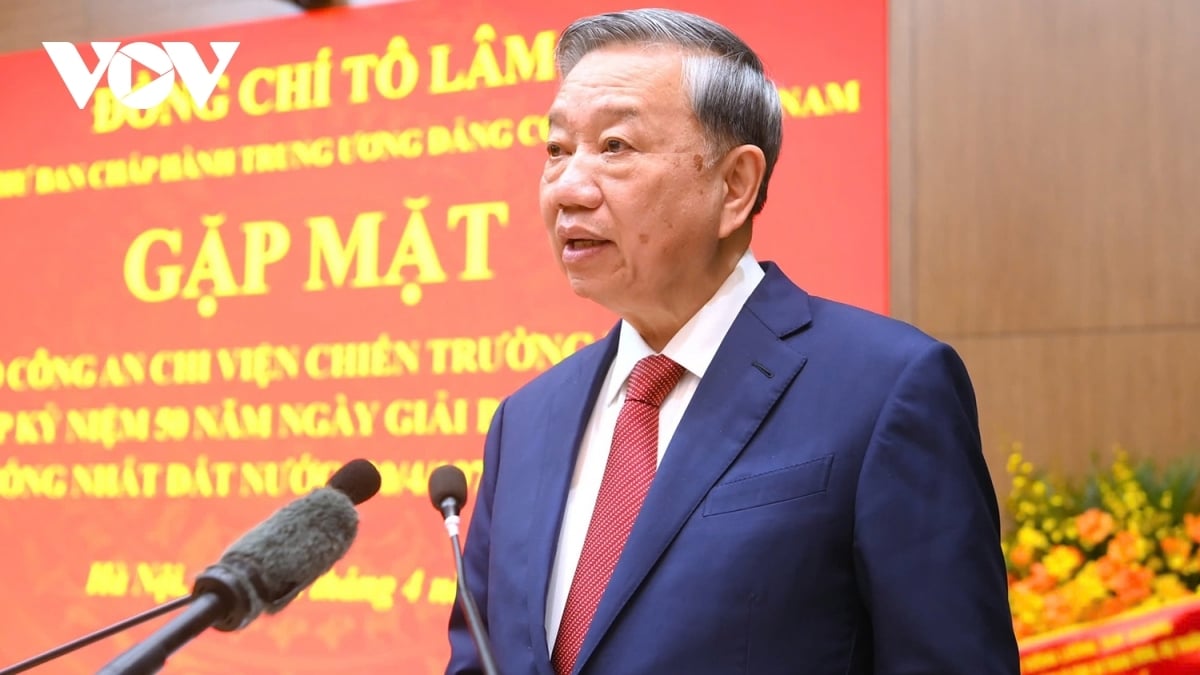










Comment (0)